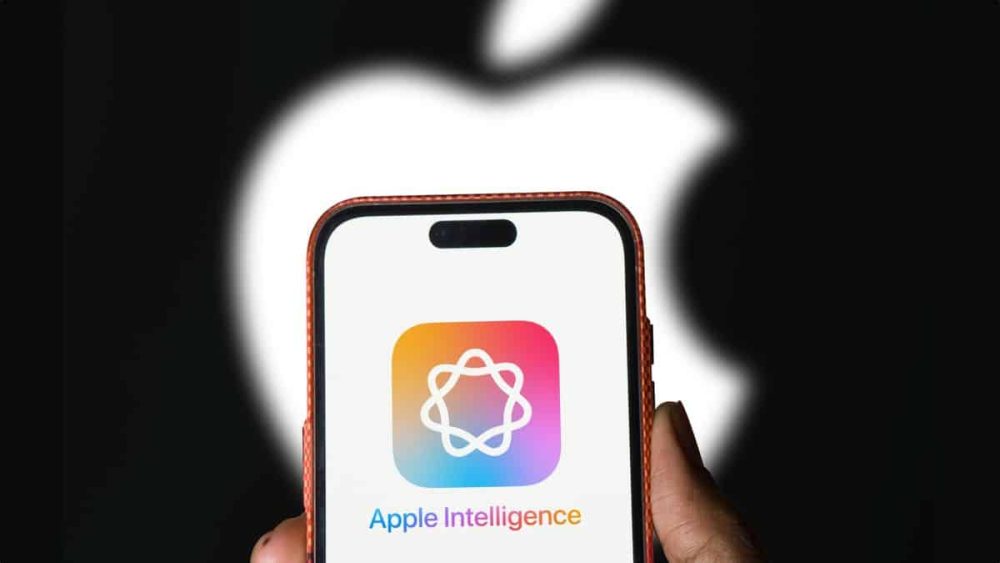Apple’s iPhone 16 Series: A Refined Experience with Subtle Upgrades
The recently launched iPhone 16 series introduced minor refinements rather than groundbreaking changes compared to its predecessor, the iPhone 15 series. Apple prioritized addressing user feedback and enhancing the overall experience instead of pursuing significant design overhauls.
While this conservative approach initially tempered consumer enthusiasm, analysts believe the introduction of Apple Intelligence, Apple’s advanced AI platform, could significantly impact iPhone adoption and potentially push the company toward a staggering $4 trillion market valuation.
READ MORE: Punjab to Enforce Heavy Penalty on Non-Banking Property Transactions
Mixed Demand and Stock Market Resilience
Despite a lukewarm response to the iPhone 16 series, Apple’s stock has surged by 16% since November, adding around $500 billion to its market value, according to ITHome. Analysts, such as Morgan Stanley’s Erik Woodring, have observed “soft” demand for the new iPhone due to the limited availability of Apple Intelligence features. However, Woodring predicts that expanding these features could drive a sales boost.
China, the largest smartphone market globally, poses a significant challenge for Apple. Regulatory barriers have slowed the deployment of generative AI features in the region. To navigate these complexities, Apple is reportedly collaborating with local tech giants like Tencent and ByteDance to enhance its AI offerings. Success in China remains crucial, given the region’s substantial contribution to Apple’s annual iPhone revenue.
Services Division: A Financial Pillar
Amid iPhone-related challenges, Apple’s Services division continues to provide a stable financial backbone. Expected to generate $100 billion in revenue by 2025, this segment could account for 25% of Apple’s total revenue. Analysts from Wedbush project its valuation to reach between $1.5 trillion and $1.6 trillion by the end of 2024, further reinforcing Apple’s market position.
Measured Rollout of Apple Intelligence
The deployment of Apple Intelligence has been deliberately gradual. Developers face hurdles in seamlessly integrating generative AI into Apple’s ecosystem, potentially delaying key iOS 19 features until 2026. This cautious rollout may limit the immediate impact of AI-driven innovations.
Despite these delays, the long-term potential is undeniable. As generative AI matures and becomes more integrated into Apple’s products, renewed consumer interest could drive a major iPhone upgrade cycle.

Conclusion
Although the iPhone 16 series may not have delivered revolutionary changes, Apple’s focus on refinement and the strategic integration of Apple Intelligence set the stage for future growth. With its Services division flourishing and a calculated approach to AI, Apple remains poised to maintain its industry dominance while striving for new milestones.




